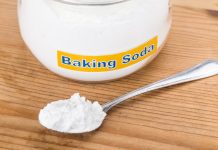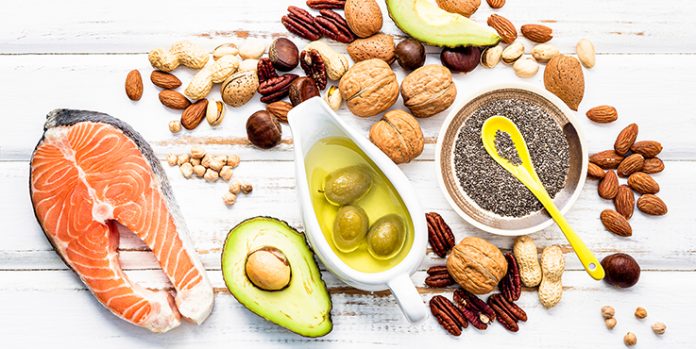While cholesterol is natural and needed for healthy cell function, some forms are far better than others, but too much can cause long-term health problems.
Lon Ben-Asher, registered dietitian and nutrition educator at Pritikin Longevity Center, shared some tips on how to lower high cholesterol and what to eat to make sure that you’re giving your cells the best fuel possible.
OSM: Can high cholesterol be lowered through diet?
Lon Ben-Asher: Yes, it can.
OSM: Can you explain how that works?
LBA: Reducing the amount of exogenous dietary cholesterol and saturated fat-rich foods can reduce the amount of cholesterol in our blood. Our HDL cholesterol, or how it is typically identified as “good” cholesterol, helps scavenge the LDL cholesterol, or “bad” cholesterol, from our bloodstream, takes it to our liver, and is eventually eliminated, thus reducing cholesterol levels.
OSM: What foods should we look for, and why?
LBA: Consuming foods such as beans, barley, oatmeal and fruits are great sources of soluble fiber, which has been shown to help reduce the LDL cholesterol, or “bad cholesterol” in our blood.
OSM: For those concerned with elevated cholesterol, what foods should they avoid, and why?
LBA: Specifically, foods that are derived from animal-based sources such as high-fat red meats, bacon/sausage, cheeses, butter, lard, and cream, as well as tropical oils such as palm, palm kernel and coconut oils that contain high amounts of saturated fat and dietary cholesterol.
These foods can contribute to increased total cholesterol in the blood as well as atherogenic lipoproteins such as LDL and non-HDL, which, if elevated, can increase risk of heart disease and cardiac events.
KR: Any other dietary tips for lowering cholesterol?
LBA: Eating more plant-based foods such as legumes, onions, barley and chocolate (choose the unsweetened, dark version). They contain phytochemicals and flavonoids, which are compounds that have been shown to reduce high cholesterol, blood pressure and heart disease.
































